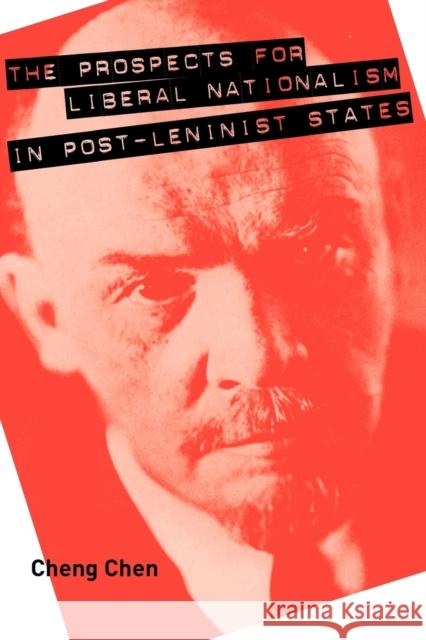The Prospects for Liberal Nationalism in Post-Leninist States » książka
The Prospects for Liberal Nationalism in Post-Leninist States
ISBN-13: 9780271032603 / Angielski / Miękka / 2012 / 264 str.
The fall of communism in the Soviet Union led many to hope and expect that liberal democracy would immediately take root across postcommunist states, marking what Francis Fukuyama famously referred to as the "end of history." Since then, however, a very different picture has emerged, most notably in the form of nationalist sentiments that have steered many postcommunist countries in an illiberal direction, even in regimes committed to market reforms and formally democratic institutions.Cheng Chen examines this phenomenon in comparative perspective, showing that the different pathways of nation-building under Leninism affected the character of Leninist regimes and, later, the differential prospects for liberal democracy in the postcommunist era. In China and Russia, Chen shows, liberalism and nationalism were more difficult to reconcile because Leninism was indigenous and had a more significant impact on nation-building. In Hungary and Romania, by contrast, Leninism was a foreign import and had less of an effect on traditional national identity. As we witness the struggle to establish democracy in places such as Afghanistan and Iraq, a study that examines the salience of historical legacies seems particularly timely.











